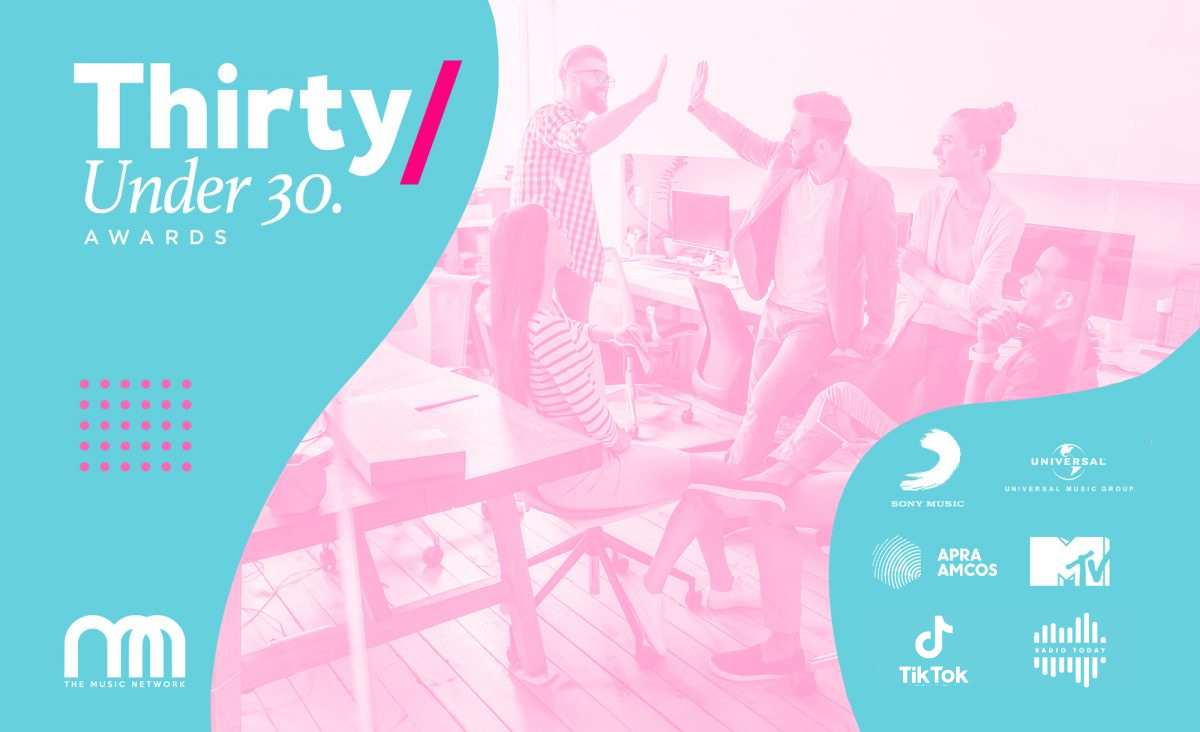TMN 30 Under 30: Meet your first three winners
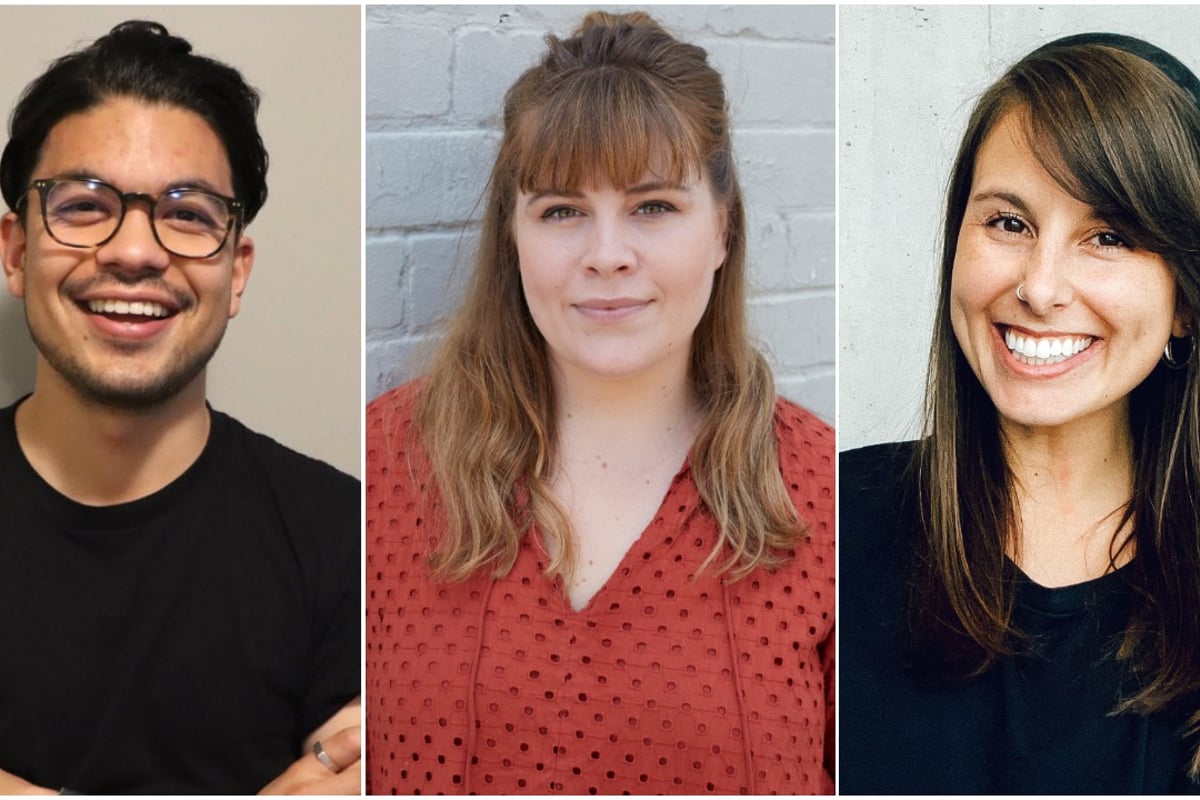
The first three TMN 30 Under 30 winners – Alan Jin, Alexandra Prudames and Alyce Wearne – are all passionate about not just their own careers, but helping out and lifting up those around them.
They all want the industry to be more diverse and inclusive than it is today, and have all taken steps to make this dream a reality.
Read on below to find out why these three superstars are the future of Australia’s music industry.
The national TMN 30 Under 30 Awards program is supported by APRA AMCOS, MTV, Radio Today, Sony Music Australia, TikTok and Universal Music Australia, and offers future industry leaders the chance to showcase their achievements and propel their careers forward.
Alan Jin, co-founder, Muso
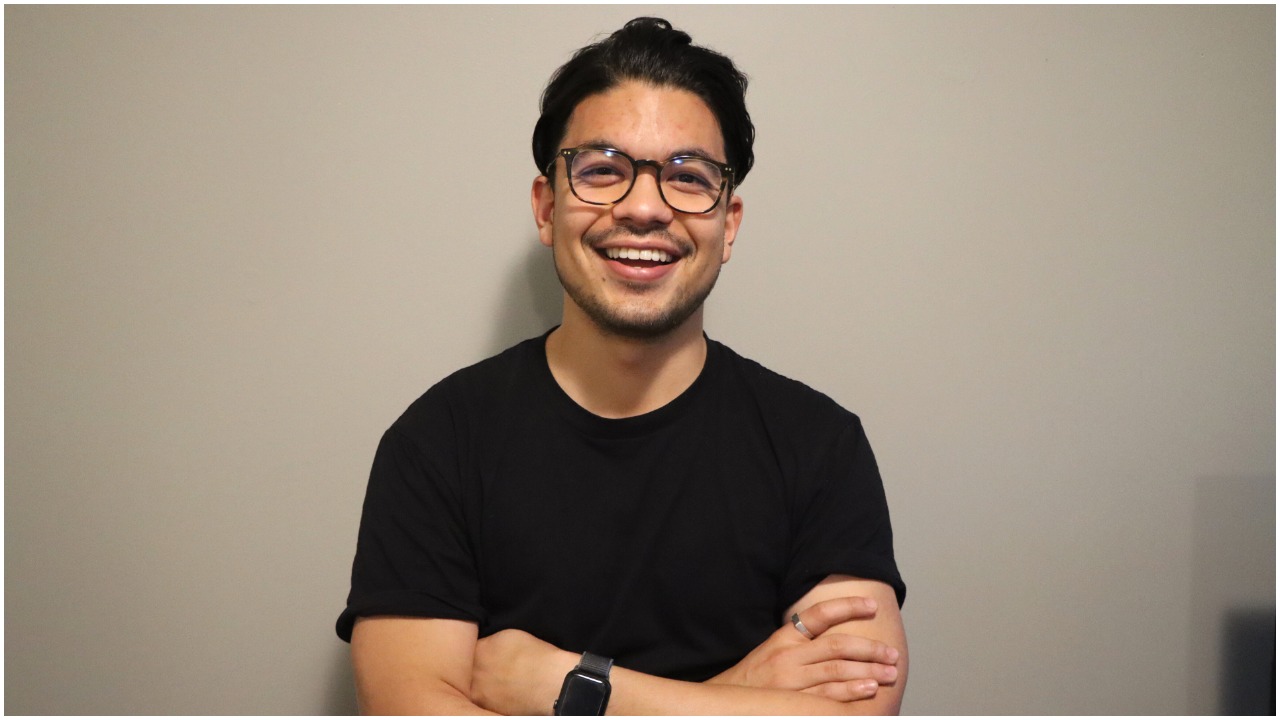
Alan Jin started his career in advertising, but it wasn’t long before he was bitten by the music tech and marketing bug.
He went on to co-found Muso, a platform which aims to create as much live music opportunities as possible using technology. So far, the company has worked with over 200 venues across Australia to facilitate around 5,000 gigs for emerging musicians.
“We want to create a world where live music is in every venue, on every corner and well and truly embedded in culture globally,” Jin says.
“The ultimate indicator of success is having well known musicians of the future look back in their career and point at Muso as the beginning of it. If Muso can become a brand that is defined as a supporter of unsupported musicians, then I’ll be stoked,” he adds.
But what are the biggest challenges facing the music industry, according to Alan?
“I will talk more to undiscovered musicians here. I think the biggest challenge will be working out how to generate revenue in an over-saturated industry. Right now there are plenty of tools and platforms that are focused on artist discovery and distribution. If an artist can create good music they can develop a following using a combination of social media and streaming platforms.
“These platforms are fuelling the rise of a more horizontal music industry where musicians are creating localised followings within their genres or niches. This results in the proliferation of creators and in a lot of musicians making digital noise.
“The biggest challenge is working out how to cut through this increased online activity and working out how to monetise in the early days of a career. The more noise, the harder it is to make a living.
“Musicians need to develop ways to take ownership of their following and profit from their craft. Tools like Patreon, Serenade and now Linktree, are providing tools for musicians to monetise directly, it’s really exciting and I’m looking forward to seeing what musicians will be able to do.”
Alexandra Prudames, sync & label manager, Gaga Music
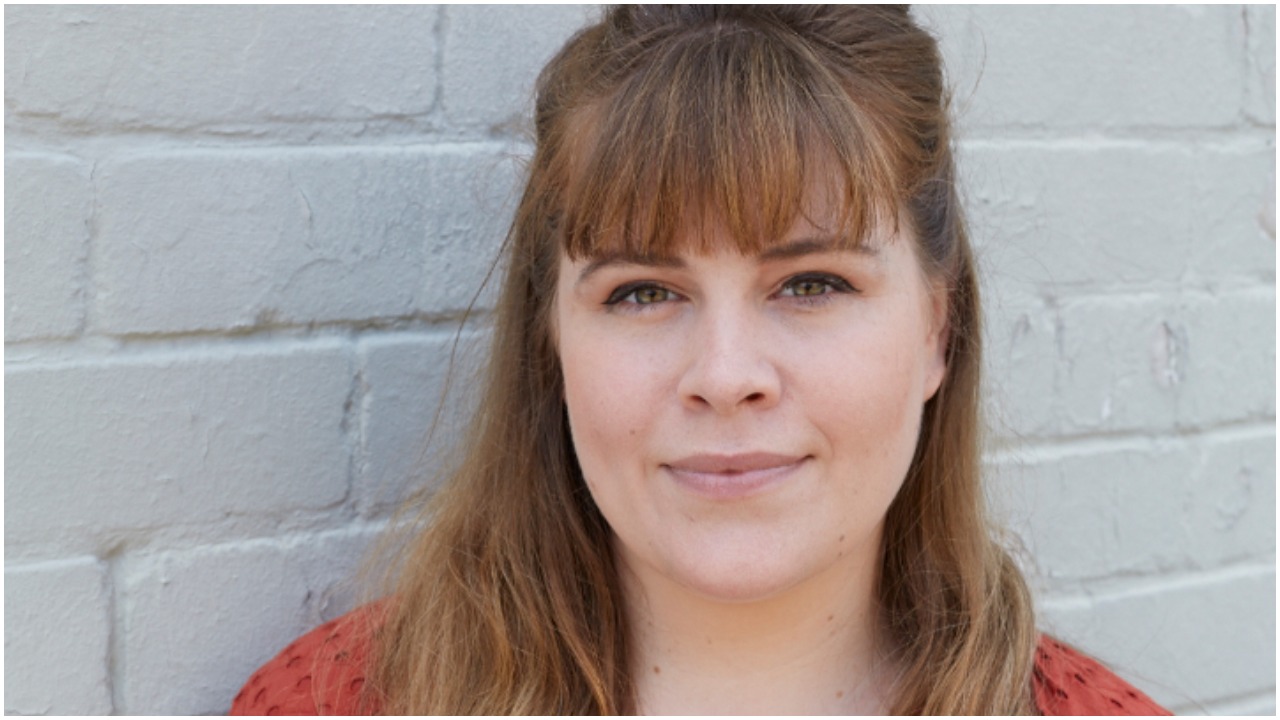
Alexandra Prudames is another TMN 30 Under 30 winner who wants to help underexposed emerging artists get the stage time they deserve.
While studying at the Australian Institute of Music (AIM), Prudames and friends co-founded Coven Presents, which endeavoured to get a more gender diverse lineup across Sydney stages.
“We wanted to head up a project which specifically gave opportunities to local artists who -in our opinion- aren’t onstage enough. The vision was simple: work with iconic Sydney venues to engage wom*n artists who lacked recent or ongoing stage time, bringing under engaged local artists to hungry Sydney audiences,” Prudames explains.
On top of that, Prudames started working at Gaga as an intern, then digital co-ordinator, and now onto sync & label manager,.
But what are the biggest challenges facing the music industry, according to Alexandra?
“The immediate challenge addresses the known fact that our industry, and the creative arts at large, is not recovering like many other industries on the road back from COVID. The end of JobKeeper and a guaranteed wage sounds a very real and immediate alarm to our live and live adjacent companies, where at the centre is their employees and artists.
“We need direct and actionable support from the Government to address the end of JobKeeper specific to the arts industry and programs which address the end of a guaranteed-wage. So far the programs in place are a great step in the right direction but more needs to be done.
“It’s a monumental failure if the only alternative to not being able to pay rent is to leave the industry entirely.
“The consequences and flow-on effects to the Australian music scene and future music business are a coming shame. It’s not life or death, but it is for our industry. The arts industry is a tough, inspiring, innovative group. We have to call on our leaders for support, because all resilience has a limit.”
Alyce Wearne, artist & label partnerships manager, Spotify
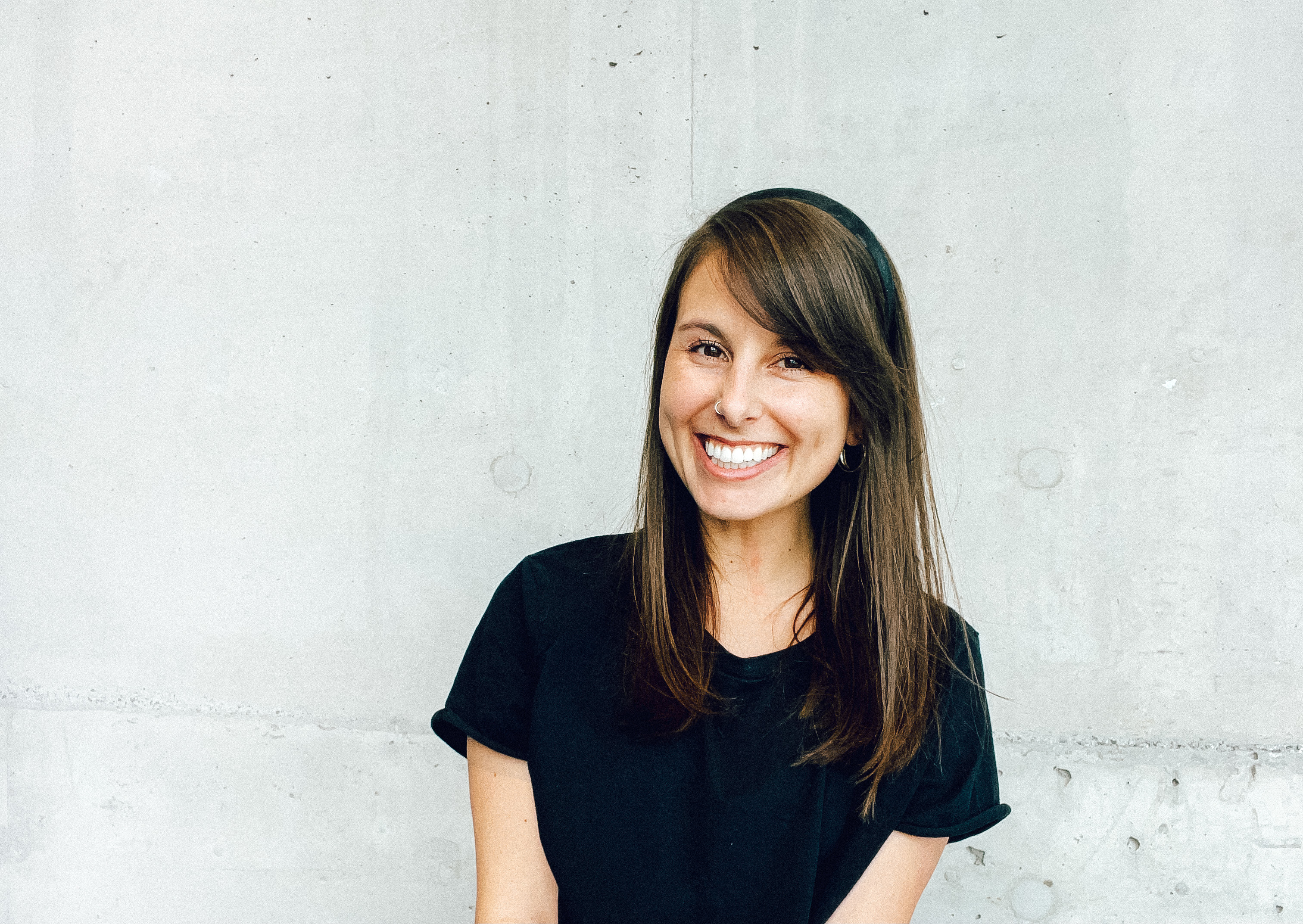
Alyce Wearne had been working on the Spotify sales team for some time when she convinced Alicia Sbrugnera, the company’s head of music across ANZ, to move her into the artist & label partnerships team.
An achievement in and of itself, but it came with challenges. Wearne started the new gig in the midst of lockdown, meaning she was charged with building strong, genuine connections with labels and artists not in person, but via Zoom.
She may well already be on her path to personal and professional success, but Wearne isn’t just in it for herself.
“Success to me is leaving the industry in a better state than when I started,” she says.
“Success is the day that I don’t get asked how I ‘handle X’s ego’ in an interview, the day I can happily head along to a gig with my female colleagues without having to keep an eye on them, or worrying that they’ll be groped, the day that we’re all getting paid the same, the day that we don’t have to actively hire with a quota, because the quota is automatically met….
“[Success is] leading and contributing to change, starting tough conversations, being loud about things I believe in and playing a role in progress.”
But what are the biggest challenges facing the music industry, according to Alyce?
“It’s been a wild year for music, so it’s hard to pick just one issue. COVID has left us with a community of artists who are struggling to make ends meet. We also have more competition for ear-time than ever before: meaning it’s harder than ever for artists to break through and live off their art.
“But the biggest challenge I’ve seen since starting in this role is the lack of diversity across the industry.
“Only one in five artists on Spotify are women; a much smaller number are women of colour. Our industry – that is meant to be so loud and colourful – struggles to support and elevate anyone who doesn’t fit the mould.
“Beneath the Glass Ceiling has illustrated this perfectly, recounting how unsafe this industry is for women (newsflash: we didn’t need an Instagram account to know that). Of all the incredible women artists, managers, publicists and marketers that I work with, every one of them has a story. Each one of them knows who to avoid. For many of us, lockdown was a gift, because it meant we didn’t have to face tormentors in our offices (this is in spite of stats showing that women have been more severely affected by the work-from-home environment financially).
“If it’s bad being a white woman, you can only imagine how much worse it is for women of colour. First Nations artists represent an alarmingly small proportion of creators in Australia: of artists signed and supported by labels. This problem of representation is a problem of complacency: we like things the way they are, with men in management, hiring men, who sign other men. We’re the arts: aren’t we meant to be the true spectrum of diversity and colour?
“We have so much to lose if we don’t do better.”
